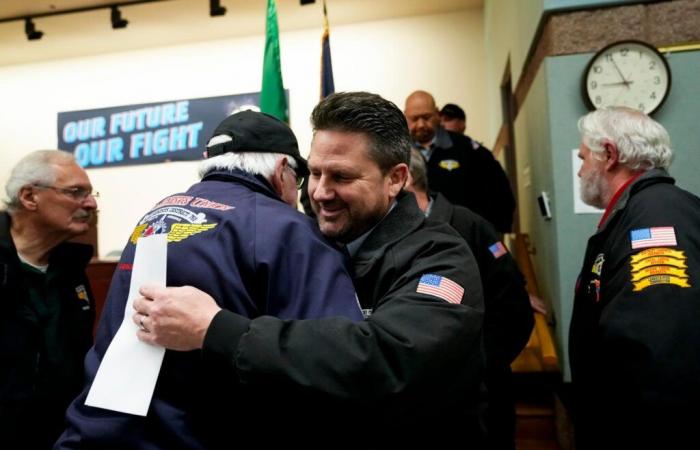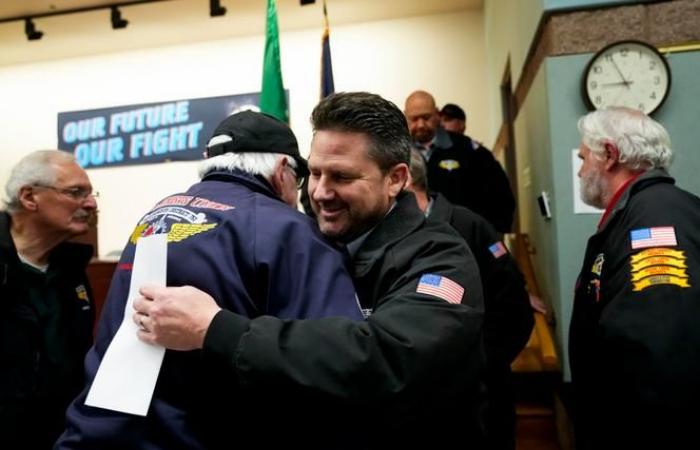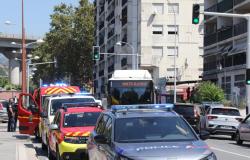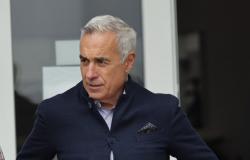It took more than seven weeks of strike action to reach an agreement and put an end to a conflict that was giant in terms of its duration and cost. The 33,000 workers at the two historic Boeing factories around Seattle (Washington State) voted, Monday, November 4, in favor of the agreement proposed by their organization, IAM District 751, the local branch of the Machinists' Union ( IAM).
Read also | Article reserved for our subscribers Boeing continues to lose and the strike continues
Read later
The strikers obtained a 38% increase in their remuneration spread over four years. An increase very close to the 40% they have been demanding since the start of the conflict; a demand demanded without wavering to compensate for the effects of inflation and modeled on the increases obtained by the pilots of several large American companies such as Delta Air Lines, United Airlines and American Airlines.
On the other hand, the strikers did not succeed in getting the management of the American aircraft manufacturer to bend to obtain the restoration of their in-house retirement system, abandoned for around ten years. It has been replaced, since 2014, by a funded pension system that is much less favorable for pensioners and, above all, much more expensive for contributors. To obtain the green light from 33,000 employees, management also had to agree to an annual bonus of 12,000 dollars (11,000 euros) and make a commitment to build its next plane in the two factories in Everett and Renton, in the suburbs of Seattle.
“Rediscover excellence”
The conflict was very harsh for the employees, who only received $250 per week, some even depending on food banks to survive. “The strike will end and it is now up to us to get back to work and start building the planes, raise prices and get this company back on the path to financial success.”however, welcomed Jon Holden, president of IAM District 751. However, the vote of 33,000 employees sounds like a disavowal for the union, which had previously validated two previous versions of the agreement which were massively rejected. by the strikers.
Boeing Chairman and CEO Kelly Ortberg, appointed in August, said he ” happy “ to put an end to social conflict. An end to the crisis which, however, does not mean the end of all the problems that the aircraft manufacturer has been facing for several years now. “There is much work to be done to recapture the excellence that made Boeing an iconic company”added the new boss of the group.
You have 39.4% of this article left to read. The rest is reserved for subscribers.







